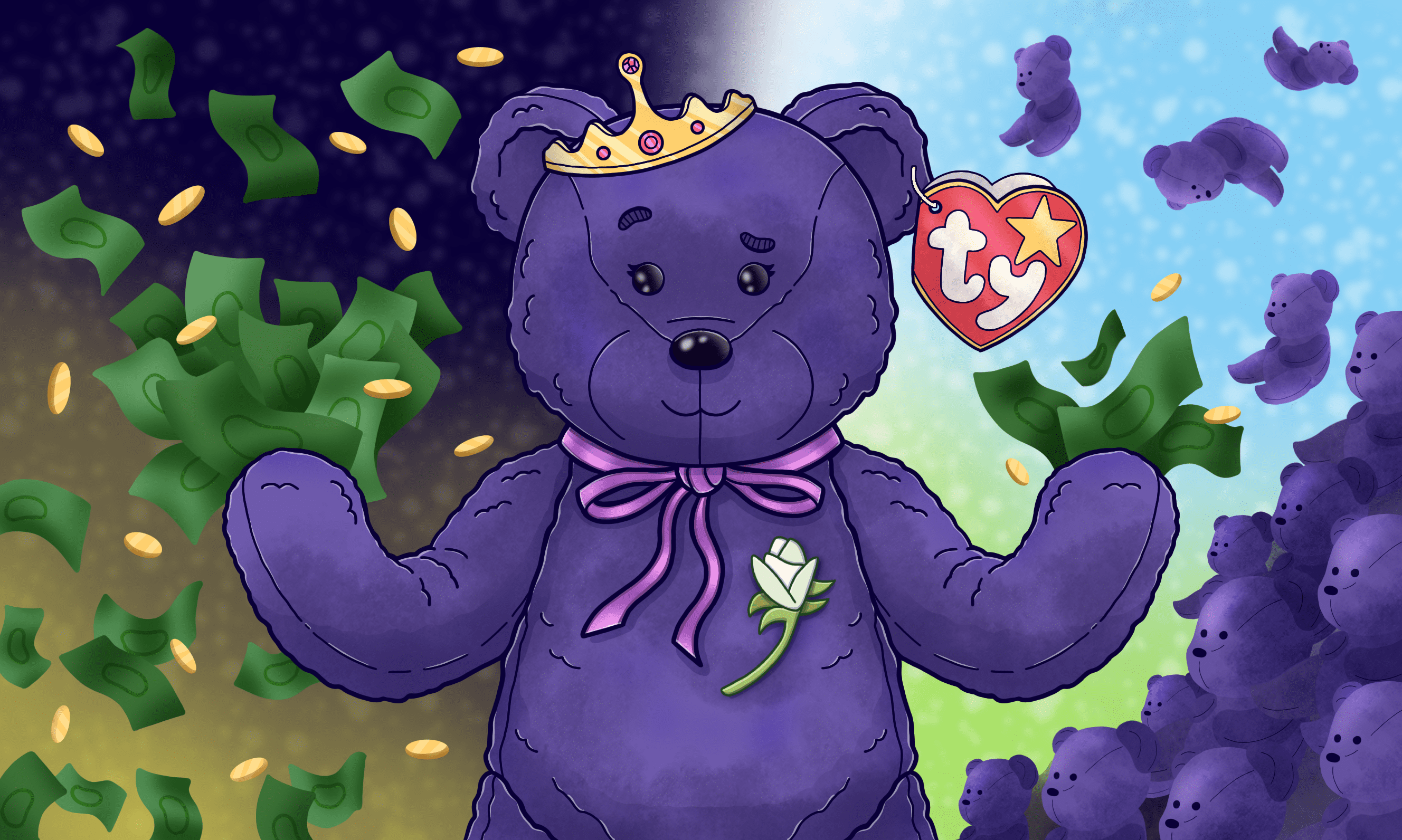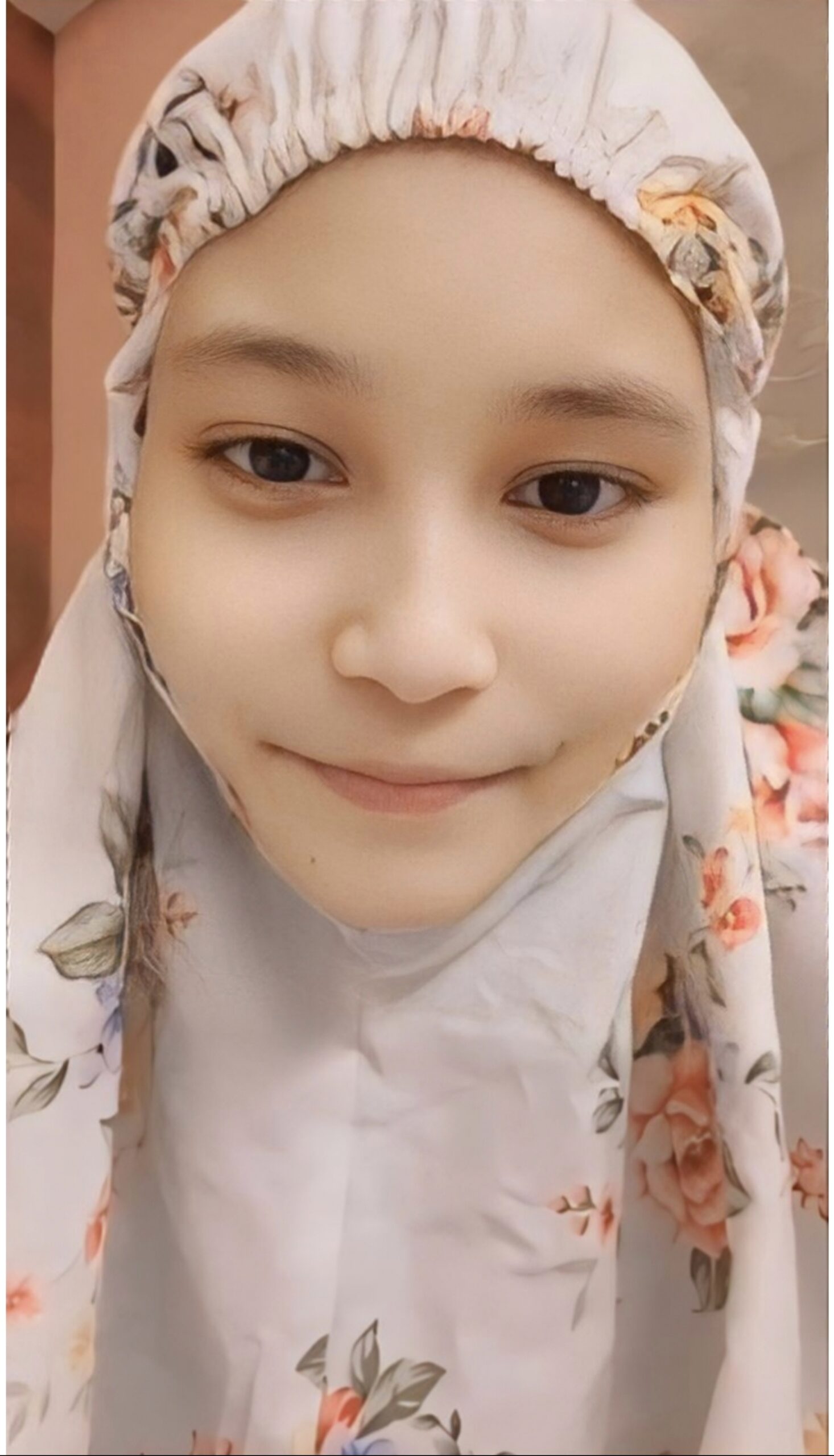Princess Diana, often referred to as the "People's Princess," remains one of the most beloved and iconic figures in modern history. Her life was a tapestry of triumphs, struggles, and deeply personal moments that captivated the world. Among these moments, the times when she openly expressed her emotions, including tears, painted a portrait of a woman navigating a complex life under relentless public scrutiny. The image of Princess Diana crying is etched into the collective memory, symbolizing her vulnerability and humanity in the face of extraordinary pressures.
Throughout her life, Princess Diana balanced multiple roles: a royal figure, a compassionate humanitarian, and a devoted mother. Her ability to connect with people on a deeply emotional level was unparalleled, but her public and private lives were often at odds. The moments when Diana let her guard down, whether on public engagements or during interviews, allowed the world to see beyond the polished exterior of royalty. These instances of raw emotion, including her tears, not only humanized her but also made her universally relatable.
In this article, we delve into the poignant moments that define the narrative surrounding Princess Diana crying. From the pressures of living in the royal spotlight to her struggles with personal relationships and mental health, we will explore the multifaceted aspects of her life. Through this lens, we aim to understand why her tears moved millions and continue to resonate as a symbol of strength, resilience, and authenticity in a world that often demanded perfection. Let us journey through the life of Princess Diana, a woman whose emotions spoke volumes and whose legacy endures.
Read also:Top Summer Travel Destinations For An Unforgettable Vacation
Table of Contents
- Biography of Princess Diana
- Early Life and Childhood
- The Royal Marriage: A Fairytale with Tears
- Struggles in Public Life
- Mental Health and Emotional Battles
- Iconic Moments When Princess Diana Cried
- Relationship with Prince William and Prince Harry
- Humanitarian Work and Emotional Resilience
- Impact of Media Scrutiny on Diana's Emotional Health
- Global Reaction to Princess Diana's Vulnerability
- Legacy of Empathy and Emotional Openness
- How Diana's Emotional Transparency Influenced the Royal Family
- Cultural Impact of Diana's Emotional Moments
- Frequently Asked Questions
- Conclusion
Biography of Princess Diana
Princess Diana, born Diana Frances Spencer on July 1, 1961, was the fourth child of John Spencer, Viscount Althorp, and Frances Roche. She grew up in the aristocratic Spencer family, which had close ties to the British royal family. Diana's life took a dramatic turn when she married Charles, Prince of Wales, on July 29, 1981, in a globally televised ceremony that was watched by over 750 million people. She became the Princess of Wales and quickly emerged as a fashion icon and a beloved public figure.
| Full Name | Diana Frances Spencer |
|---|---|
| Date of Birth | July 1, 1961 |
| Place of Birth | Park House, Sandringham, Norfolk, England |
| Parents | John Spencer, Viscount Althorp, and Frances Roche |
| Marriage | Charles, Prince of Wales (1981–1996) |
| Children | Prince William and Prince Harry |
| Date of Death | August 31, 1997 |
| Age at Death | 36 years |
| Legacy | Renowned for her humanitarian efforts and emotional openness |
Despite her royal status, Diana's down-to-earth demeanor and genuine empathy for people made her stand out. She devoted much of her time to charitable causes, including advocating for AIDS patients, landmine victims, and the homeless. Her tragic death in a car crash in Paris on August 31, 1997, left the world in shock and mourning. To this day, Diana's life and legacy continue to inspire countless people around the globe.
Early Life and Childhood
Diana Frances Spencer was born into a life of privilege at Park House, located on the Sandringham estate in Norfolk, England. She was the youngest daughter of John Spencer, the 8th Earl Spencer, and Frances Roche, who later became known as Frances Shand Kydd after her remarriage. Diana's early life was marked by the trappings of aristocracy but also by challenges, including her parents' divorce when she was just seven years old. The separation left a lasting impact on her, shaping her understanding of family and relationships.
Diana had a keen interest in music, dance, and sports as a child. Educated at Riddlesworth Hall and later West Heath Girls' School, she was known for her shy and reserved personality. However, her compassionate nature became evident even in her youth, as she often volunteered and cared for young children. While she struggled academically, Diana excelled in activities that required empathy and creativity.
Her childhood was not without its difficulties. The split between her parents led to a custody battle, and Diana often found herself caught in the middle. These early experiences of emotional upheaval may have contributed to her later struggles with vulnerability and self-esteem. However, they also instilled in her a deep sense of empathy, which became a defining trait throughout her life.
The Spencer family had a long history of serving the British monarchy, and Diana's connection to the royal family was established early on. Her grandmother, Lady Fermoy, was a lady-in-waiting to the Queen Mother, and the family had close ties to the royal household. Little did young Diana know that her path would one day intersect with the royal family in a way that would change her life forever.
Read also:Miranda Lambert Weight A Closer Look At Her Health And Fitness Journey

